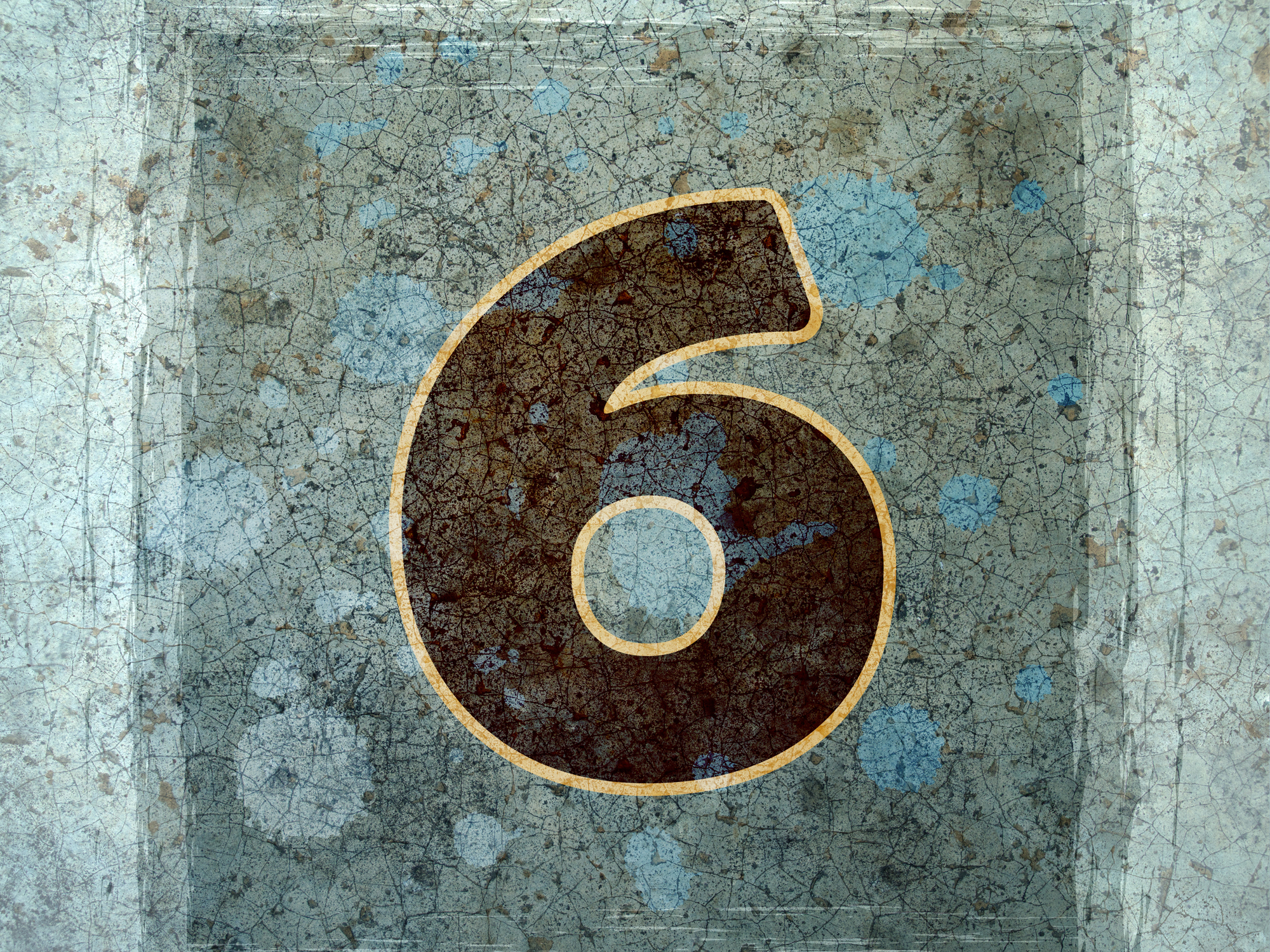Get Easy Health Digest™ in your inbox and don’t miss a thing when you subscribe today. Plus, get the free bonus report, Mother Nature’s Tips, Tricks and Remedies for Cholesterol, Blood Pressure & Blood Sugar as my way of saying welcome to the community!
6 ways to manage cholesterol without drugs or disease risk

I recently had my yearly physical to make sure that all aspects of my health were well… healthy.
But guess what? The doctor thought my cholesterol levels were a tad borderline, so of course, he wanted me to jump on the statin bandwagon.
Fortunately, I’ve researched enough to know that most doctors would have you take statins like vitamins… and I’m not willing to accept a prescription for disease.
Besides the increased risk of Parkinson’s and diabetes, who wants side effects like nausea, muscle pain, vomiting, dizziness, memory loss or headaches? Or worse, dementia.
Recently, researchers found lipophilic statin users showed a substantial decline in metabolism in the posterior cingulate cortex. This is the region of the brain known to decline the most significantly in the earliest stages of Alzheimer’s disease.
Sure, I’m all in when it comes to keeping my cholesterol balanced, but why would I do it with drugs that cause all those side effects when I can do it naturally?
In fact, these are the six simple steps I plan to take to keep my cholesterol where I need it to be…
Cholesterol-Lowering Step #1 — Go Keto
The first step is to change your diet.
Okay, I can hear the groaning now but stick with me.
Scientific studies have proven that changing to the low carb, high fat and moderate protein way of eating embraced by keto dieters everywhere can dramatically improve your cholesterol levels and put you on the path to heart health.
Cholesterol-Lowering Step #2 — Drink more tea
A recent study from researchers at Pennsylvania State University found that drinking tea can help you hang on to that healthy HDL cholesterol as you age.
In the study, both black and green tea slowed the loss of HDL cholesterol. Researchers believe that’s because both types of tea contain antioxidant compounds called polyphenols and catechins, which fight inflammation. (Don’t ruin it with sugar, though).
Cholesterol-Lowering Step #3 — Lose a few pounds
Did you know that losing just 5 to 10 percent of your total body weight can have a big impact on your cardiovascular risk factors?
That’s right…
A small weight loss adds up to big gains when it comes to your heart health.
In fact, following the keto diet helped obese patients lower their weight quite a bit while lowering their triglycerides, LDL and blood glucose and increasing their HDL or good cholesterol.
Cholesterol-Lowering Step #4 — Get more fiber
Soluble fiber has been shown to reduce the absorption of cholesterol into your bloodstream because it binds cholesterol and its precursors in the digestive system and drags them out of the body before they get into circulation.
In fact, just five to 10 grams or more of soluble fiber a day decreases your total cholesterol levels as well as your LDL or bad cholesterol. Psyllium husk is a great source of soluble fiber.
Cholesterol-Lowering Step #5 — Kick the habit
Smoking lowers your HDL (the good stuff) while raising your LDL (the bad cholesterol). So, if you want to lower your cholesterol, it’s time to kick the habit for good.
Editor’s note: While you’re doing all the right things to protect your brain as you age, make sure you don’t make the mistake 38 million Americans do every day — by taking a drug that robs them of an essential brain nutrient! Click here to discover the truth about the Cholesterol Super-Brain!
Sources:
Side Effects of Cholesterol-Lowering Statin Drugs — WebMD
A Ketogenic Diet Favorably Affects Serum Biomarkers for Cardiovascular Disease in Normal-Weight Men — American Society for Nutritional Sciences
A Low-Carbohydrate, Ketogenic Diet versus a Low-Fat Diet To Treat Obesity and Hyperlipidemia — Annals of Internal Medicine
Long-term effects of a ketogenic diet in obese patients — Experimental & Clinical Cardiology
[The effect of cigarette smoking on HDL-cholesterol level] — Medical Archives
Beneficial Effects of Red Yeast Rice on High-Fat Diet-Induced Obesity, Hyperlipidemia, and Fatty Liver in Mice — Journal of Medicinal Food
Red yeast rice — Mayo Clinic













